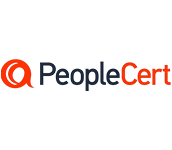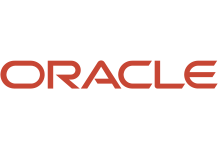- 087 941 5764
- impactful@lrmg.co.za


DevOps Engineering on AWS teaches you how to use the combination of DevOps cultural philosophies, practices, and tools to increase your organization’s ability to develop, deliver, and maintain applications and services at high velocity on AWS.
This course covers Continuous Integration (CI), Continuous Delivery (CD), infrastructure as code, microservices, monitoring and logging, and communication and collaboration. Hands-on labs give you experience building and deploying AWS CloudFormation templates and CI/CD pipelines that build and deploy applications on Amazon Elastic Compute Cloud (Amazon EC2), serverless applications, and container-based applications. Labs for multi-pipeline workflows and pipelines that deploy to multiple environments are also included.
Our courses have flexible delivery options:
This course is intended for:
We recommend that attendees of this course have the following prerequisites:
In this course, you will learn how to:
Need additional information?
We are here to support your growth every step of the way
Get in touch
DevOps Engineering on AWS teaches you how to use the combination of DevOps cultural philosophies, practices, and tools to increase your organization’s ability to develop, deliver, and maintain applications and services at high velocity on AWS.
This course covers Continuous Integration (CI), Continuous Delivery (CD), infrastructure as code, microservices, monitoring and logging, and communication and collaboration. Hands-on labs give you experience building and deploying AWS CloudFormation templates and CI/CD pipelines that build and deploy applications on Amazon Elastic Compute Cloud (Amazon EC2), serverless applications, and container-based applications. Labs for multi-pipeline workflows and pipelines that deploy to multiple environments are also included.
Our courses have flexible delivery options:
This course is intended for:
We recommend that attendees of this course have the following prerequisites:
In this course, you will learn how to:
Certified global best practices in the new technologies…




Please complete the form with your information and one of our experts will get back to you soon.

Get in touch
Email: impactful@lrmg.co.za
Tel: +27 87 941 5764